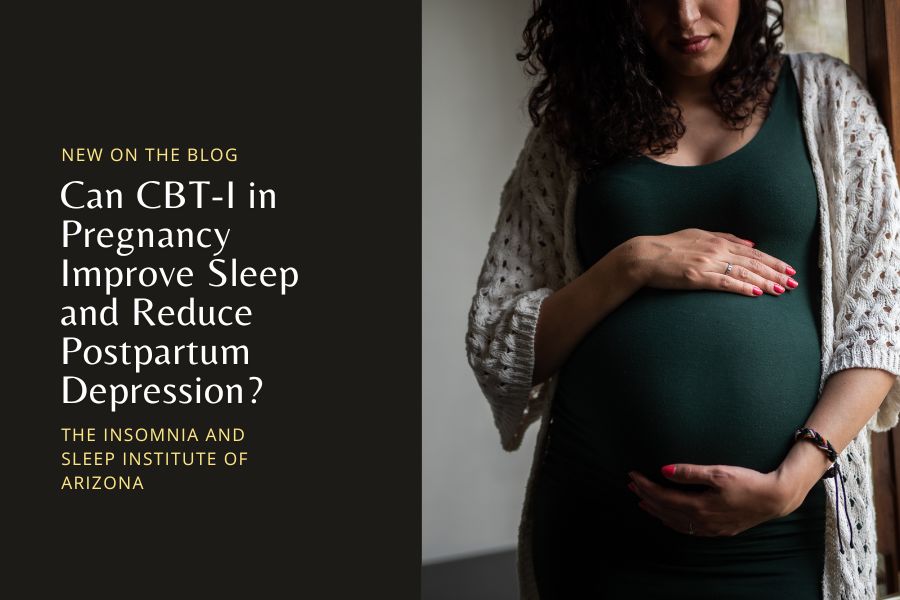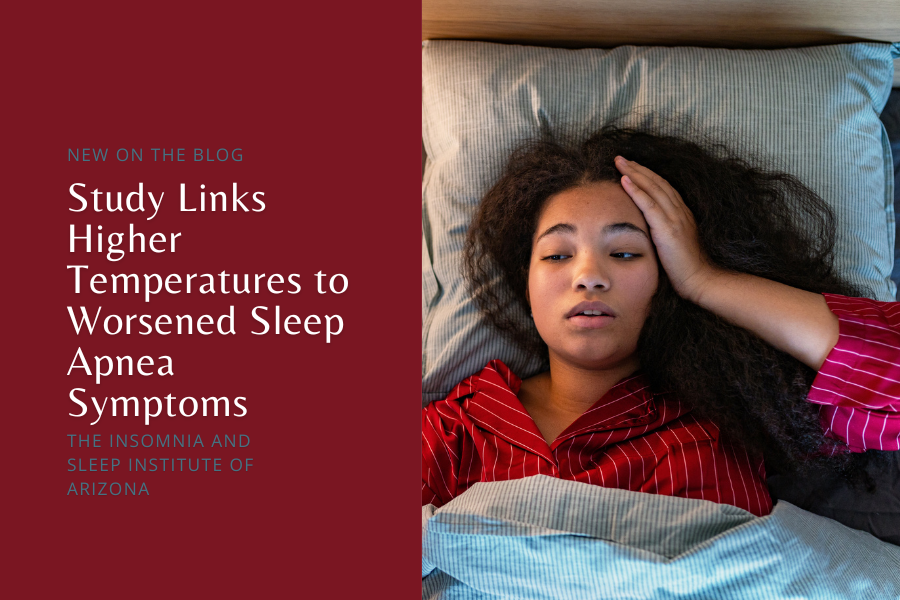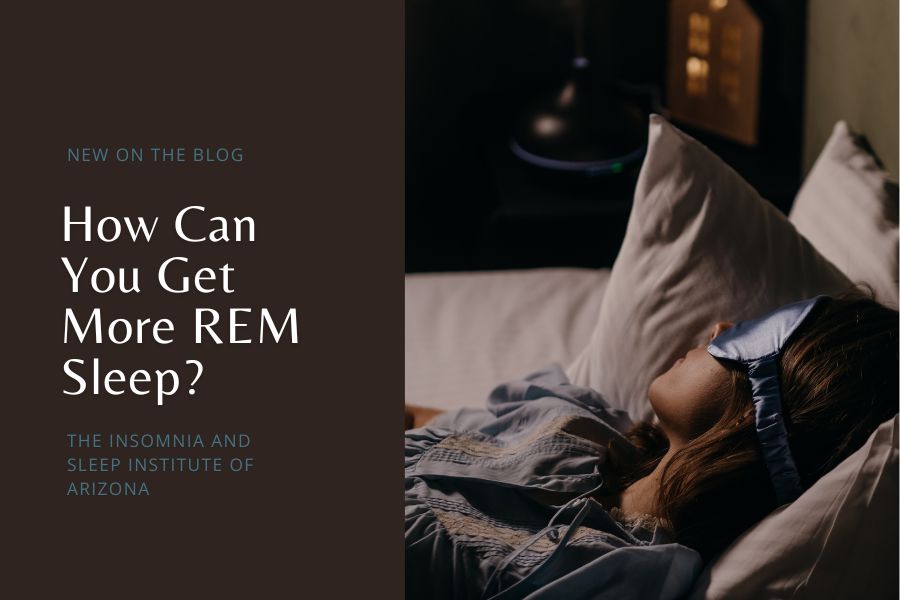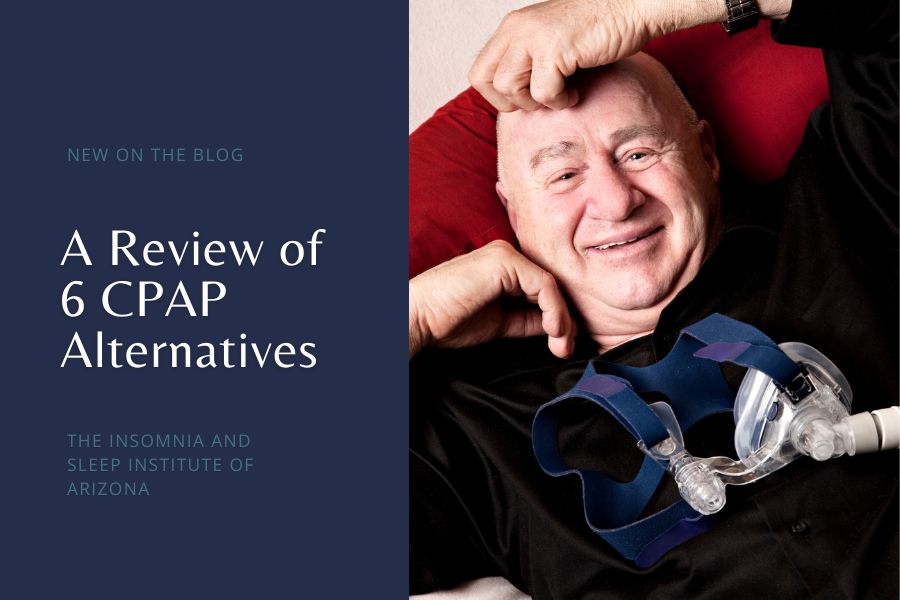Up to 80% of pregnant women have insomnia. That lack of sleep often triggers serious mental health issues. Postpartum depression is one of the most common risks. Meanwhile, Cognitive Behavioral Therapy for Insomnia (CBT-I) offers a safe, non-medication treatment.
Could CBT-I be the key to better sleep and mental health during pregnancy?
Why Is Sleep So Important During Pregnancy?
During pregnancy, sleep becomes even more essential for both the mother and the developing baby. A pregnant woman’s body undergoes significant physical and hormonal changes. Sleep deprivation during pregnancy has been linked to several complications. Preterm birth and gestational diabetes are just some.
Impact on the Immune System
Lack of sleep also affects the immune system. During pregnancy, a well-functioning immune system is important to protect both mother and baby from infections. When sleep is compromised, the immune system weakens. This leaves pregnant women more vulnerable to illnesses.
Hormonal Changes and Sleep Disruptions
Hormonal changes, especially the rise in progesterone, often lead to daytime drowsiness. Nighttime sleep becomes harder too. Pregnant women wake up more frequently due to discomfort, bathroom trips, or intense dreams. These disruptions don’t just go away. They build up over time. Eventually, it can result in chronic sleep debt.
Sleep and Mental Health During Pregnancy
Poor sleep in pregnancy often leads to mood swings and emotional struggles. Women with insomnia during this time are more likely to face anxiety and depression. Studies confirm this link. Experts found that sleep disturbances in pregnant women increase their risk of postpartum depression.
Here are some key impacts of poor sleep during pregnancy:
- Gestational Diabetes: Sleep-deprived pregnant women are at higher risk of developing gestational diabetes due to impaired glucose tolerance.
- Preterm Birth: A study found that pregnant women with short sleep duration are 1.23 times more likely to deliver prematurely.
- Immune Function: Poor sleep impairs immune response, leaving both mother and baby vulnerable to infections.
How Does Cognitive Behavioral Therapy for Insomnia (CBT-I) Work?
Cognitive Behavioral Therapy for Insomnia (CBT-I) is a highly effective, non-drug treatment for sleep problems. It directly targets the root causes of insomnia. That’s why it’s considered the first-line treatment for chronic insomnia.
CBT-I focuses on changing the negative thought patterns and habits that keep people awake. It’s a structured program that provides real, lasting solutions. People learn practical skills to manage their sleep better. The result is improved sleep quality that lasts long after the treatment ends.
CBT-I typically involves multiple components. Each is designed to address a specific aspect of insomnia:
- Sleep Hygiene: This includes teaching patients how certain behaviors can improve sleep, like cutting back on caffeine and sticking to a regular bedtime. It also stresses creating an environment that promotes better rest.
- Cognitive Restructuring: Many people with insomnia develop anxiety around sleep. Believing that one sleepless night will have catastrophic consequences. CBT-I helps patients challenge and replace these negative beliefs with more realistic, positive thoughts.
- Stimulus Control: This technique focuses on linking the bed and bedroom only with sleep. So, if you’re lying awake for more than 20 minutes, CBT-I suggests a different approach. Get up, leave the bedroom, and do something calming. Return to bed only when you feel sleepy again.
- Sleep Restriction: Spending too much time in bed can actually make insomnia worse. That’s where sleep restriction comes in. It limits your time in bed to just the hours you’re actually sleeping, which improves sleep efficiency over time.
- Relaxation Techniques: Techniques like progressive muscle relaxation and deep breathing are commonly used in CBT-I. They’re designed to lower stress and help you relax before bed.
What Did the Study Reveal About CBT-I in Pregnancy and Postpartum Depression?
The study “Sleeping for Two: A Randomized Controlled Trial of Cognitive Behavioral Therapy for Insomnia (CBT-I) Delivered in Pregnancy and Secondary Impacts on Symptoms of Postpartum Depression” offers an important understanding of how treating insomnia during pregnancy can benefit mental health long-term.
It looks at whether CBT-I, a proven therapy for insomnia, can also reduce postpartum depression symptoms. This research is essential, as insomnia during pregnancy is incredibly common. Plus, it’s strongly linked to mental health challenges, especially depression.
How Was the Study Designed?
The study used a randomized controlled trial (RCT), which is the gold standard for clinical research. It included 62 pregnant women. All of whom were between 12 and 28 weeks of gestation and met the diagnostic criteria for insomnia. The participants were divided into two groups: one group received a 5-week CBT-I intervention adapted specifically for pregnancy. The control group received standard care. The study followed a two-arm, single-blind design. Meaning, the participants didn’t know which group they were assigned to.
The study measured both insomnia and depression symptoms at three different points:
- Pre-intervention (T1): Before the CBT-I treatment began.
- Post-intervention (T2): Immediately after the 5-week treatment.
- Six months postpartum (T3): To assess long-term impacts on postpartum depression.
What Were the Main Findings?
The study’s biggest finding was that CBT-I reduced postpartum depressive symptoms. Treating insomnia during pregnancy improved both sleep quality and mental health. The results show a clear ripple effect, linking better sleep to better mental well-being. Here are the key takeaways:
- Direct Effect on Postpartum Depression: At six months postpartum, women who had CBT-I had much lower levels of depressive symptoms than those who didn’t. This shows a clear, direct benefit of the therapy. Simply put, CBT-I helps reduce the risk of postpartum depression.
- Indirect Effects via Insomnia Improvement: The study also found that improvements in insomnia persisted from the post-intervention stage (T2) to the postpartum stage (T3). Insomnia improvement acted as a mechanism, indirectly reducing postpartum depression symptoms. Essentially, by fixing sleep issues during pregnancy, women were better able to manage their mental health postpartum.
- Depression Symptoms Linked to Sleep Improvements: The path analysis model used in the study showed that reducing insomnia symptoms directly contributed to reducing depressive symptoms. This emphasizes the strong connection between sleep and mental health, especially during such a vital time as pregnancy.
Why Is This Study Important?
Insomnia is not just a minor inconvenience during pregnancy. A lot of pregnant women experience sleep disturbances. Yet, there are few targeted treatments available. Particularly non-pharmacological ones that are safe for both mother and baby.
Postpartum depression is another common and severe issue, affecting about 1 in 7 new mothers. The study makes a strong case for addressing sleep issues during pregnancy. Using CBT-I can become a standard part of prenatal care.
- Non-Pharmacological Treatment: One of the most important aspects of CBT-I is that it’s a non-drug therapy. It is a safer option during pregnancy. Many sleep medications pose risks to the developing fetus, making CBT-I a preferred method of treatment.
- Long-Term Benefits: The fact that improvements in sleep were sustained up to six months postpartum suggests that CBT-I doesn’t just provide immediate relief. It offers long-term mental health benefits by reducing the likelihood of postpartum depression.
- Holistic Approach to Pregnancy Health: This study shows the need for a more holistic approach to pregnancy care. Focusing on sleep doesn’t just help with rest. It also boosts overall mental well-being. Plus, it can lower the risk of complications like postpartum depression.
What Are the Limitations of the Study?
It’s important to acknowledge some of the limitations that the researchers pointed out:
- Limited Generalizability: The study sample was relatively small. It did not include women who were already diagnosed with depression. This limits how widely the results can be applied to all pregnant women.
- Variability in Treatment Delivery: Some participants received the CBT-I intervention in-person. Others did it online. The variability in delivery methods could influence the outcomes and should be considered in future studies.
- Non-Depressed Sample: The study focused on women with insomnia but who did not have a clinical diagnosis of depression. Therefore, it’s unclear whether the same effects would occur in women who are already experiencing depressive symptoms during pregnancy.
Is CBT-I a Safe and Effective Alternative to Sleep Medications During Pregnancy?
Yes, Cognitive Behavioral Therapy for Insomnia (CBT-I) is a safe and effective alternative to sleep medications during pregnancy. CBT-I offers a non-invasive approach, making it ideal for pregnant women who wish to avoid the risks associated with medications.
Sleep medications during pregnancy can pose risks to fetal development, particularly when used long-term. Studies have shown that medications like benzodiazepines and hypnotics are linked to adverse outcomes. Low birth weight and respiratory issues in newborns are just some.
CBT-I, on the other hand, is entirely drug-free. It targets the underlying causes of insomnia by addressing negative sleep behaviors and thoughts. CBT-I significantly improved sleep quality and sleep onset and reduced nighttime awakenings, with long-lasting results.
Furthermore, the safety profile of CBT-I is strong. No side effects. No risks to the fetus. This makes it a reliable alternative for pregnant women seeking to improve their sleep without resorting to medication. CBT-I empowers women to develop healthier sleep patterns that benefit both mother and baby.
Sleep Support You Can Trust — For Both You and Your Baby
Sleep is important for you and your baby’s health during pregnancy. The Insomnia and Sleep Institute of Arizona offers proven, non-medication therapies like CBT-I, specifically designed for pregnant women.
Our experienced team understands the challenges of pregnancy-related insomnia and provides safe, effective solutions to improve your sleep. With expert care and guidance, we help you rest better and feel more energized during this important time.
Contact us today for trusted support and effective sleep solutions.
References
Wang, X., Zhang, T., Ekheden, I., Chang, Z., Hellner, C., None Jan Hasselström, Nitya Jayaram-Lindström, D’Onofrio, B. M., Larsson, H., Mataix-Cols, D., & Sidorchuk, A. (2022). Prenatal exposure to benzodiazepines and Z-drugs in humans and risk of adverse neurodevelopmental outcomes in offspring: A systematic review. Neuroscience & Biobehavioral Reviews, 137, 104647–104647. https://doi.org/10.1016/j.neubiorev.2022.104647
Carlson, K., Mughal, S., Azhar, Y., & Siddiqui, W. (2024, August 12). Postpartum Depression. Nih.gov; StatPearls Publishing. https://www.ncbi.nlm.nih.gov/books/NBK519070/
Silang, K., MacKinnon, A., Madsen, J., Giesbrecht, G. F., Campbell, T., Keys, E., Freeman, M., Dewsnap, K., Jung, J. W., & Tomfohr-Madsen, L. M. (2024). Sleeping for two: A randomized controlled trial of cognitive Behavioural therapy for insomnia (CBT I) delivered in pregnancy and secondary impacts on symptoms of postpartum depression. Journal of Affective Disorders, 362, 670–678. https://doi.org/10.1016/j.jad.2024.07.117
Wang, L., & Jin, F. (2020). Association between maternal sleep duration and quality, and the risk of preterm birth: a systematic review and meta-analysis of observational studies. BMC Pregnancy and Childbirth, 20(1). https://doi.org/10.1186/s12884-020-2814-5
Peltonen, H., E. Juulia Paavonen, Outi Saarenpää-Heikkilä, Tero Vahlberg, Tiina Paunio, & Päivi Polo-Kantola. (2022). Sleep disturbances and depressive and anxiety symptoms during pregnancy: associations with delivery and newborn health. Archives of Gynecology and Obstetrics, 307(3), 715–728. https://doi.org/10.1007/s00404-022-06560-x
Note: This content is meant for educational purposes and shouldn’t replace expert medical guidance.








